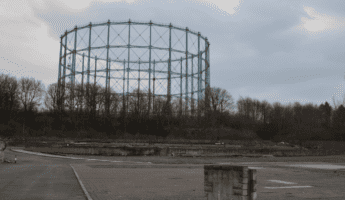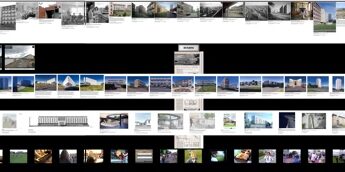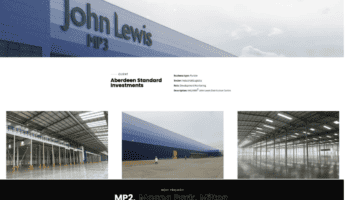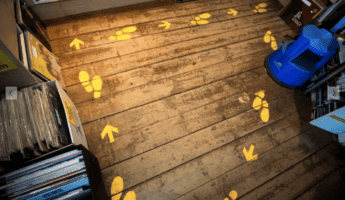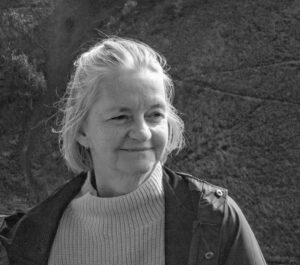We are a research collective dedicated to exploring and representing the character of places and the people, institutions and infrastructures that make them.
Our approach prioritises the technological, material, historical, institutional, and sentimental qualities of places, how they are made and how they are experienced. Taking our lead from Edinburgh’s pioneering planner, landscape architect and sociologist, Patrick Geddes, we designed the Data Civics Observatory to use innovative data and platforms, methods and media to research space and place in new ways.
Our aim is to work with people, communities and organisations to research and represent their diversity and expertise particularly in vibrant and challenged areas. We focus on how data-driven innovations can shape the way we see and govern cities, regions and nations.
We explore place-based challenges from social inclusion, spatial inequality and community representation to tourism and traveltech, levelling up policy and the financing of net-zero infrastructure. We use data drawn from social media, locative media platforms, archives, democratic innovations, and digital ethnography to inform our research, knowledge exchange and teaching. The results are shared in a wide range of media including publications and reports, film and photography, websites and exhibitions. In collaboration with the Postgraduate Researcher run project, The Platform Social, we run a range of seminars, workshops and events. These activities support and explore the broader CAHSS research themes of cities, governance and democracy, identity and inequalities, cultural heritage, and data & digital.
Fundamentally, the Data Civics Observatory is about exploring how data driven innovations can enhance interdisciplinary knowledge, collaborations and relationships between the University, EFI, the Edinburgh and South East Scotland City Region and beyond.
“The Data Civics Observatory is about putting Patrick Geddes’ ideas to work in a twenty-first century context, where what we know about cities, how we live within them, govern them and plan for their futures comes from data-driven innovations, from technologies and internet platforms.”
Liz McFall – Director, Data Civics Observatory
In focus
Reviving the commons? A scoping review of urban and digital commoning

This report explores the contemporary revival of commoning practices in urban and digital contexts. The authors, James Henderson and Oliver Escobar, delve into the historical roots, current manifestations, and future potential of the commons as a paradigm for socioeconomic transformation, democratic innovation and sustainable community governance.
Community Leadership in North Edinburgh: Report from the Knowledge Exchange Labs 2022
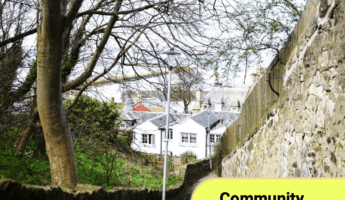
Edinburgh Futures Institute’s (EFI) Data Civics team was funded by the UK Economic and Social Research Council (ESRC) to undertake knowledge exchange and shared learning with local bodies in North Edinburgh – drawing on previous research on both community empowerment and digital cultural regeneration.
REIMAGINING REGENERATION – SUPPORTING LOCAL ACCELERATION THROUGH DATA-DRIVEN PARTICIPATORY ENGAGEMENT

Edinburgh Futures Institute’s Granton project team are working with the City of Edinburgh Council, community organisations and other stakeholders to help imagine futures which address local needs, using data-driven technology.
Projects

Films and the AWED (AreWeData) collective
AWED were brought together by accident and a shared interest in making films, installations, texts and other web-based artefacts, that explore the use of new forms of ‘big data’ and old forms of archival data in how places are imagined, represented and planned.
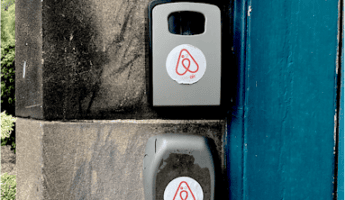
A processual exploration of Airbnb
If how we see a place is a product of where we stand and what tools we use to look, Airbnb is an intriguing case for the Data Civics Observatory. Addie McGowan’s doctoral research explores the processes of Airbnb and how they reconfigure our sense of place, both online and off.

Reviving the commons? A scoping review of urban and digital commoning
This report explores the contemporary revival of commoning practices in urban and digital contexts. The authors, James Henderson and Oliver Escobar, delve into the historical roots, current manifestations, and future potential of the commons as a paradigm for socioeconomic transformation, democratic innovation and sustainable community governance.
Our extended team
Our wider network of researchers, artists, designers, and partners
- Darren Umney
- David Moats
- Edinburgh Palette
- Granton Hub
- Granton Waterfront Programme, City of Edinburgh Council
- James Henderson
- North Edinburgh Arts
- Sapphire Goss
- Screen Edinburgh
- Simon Phipps



